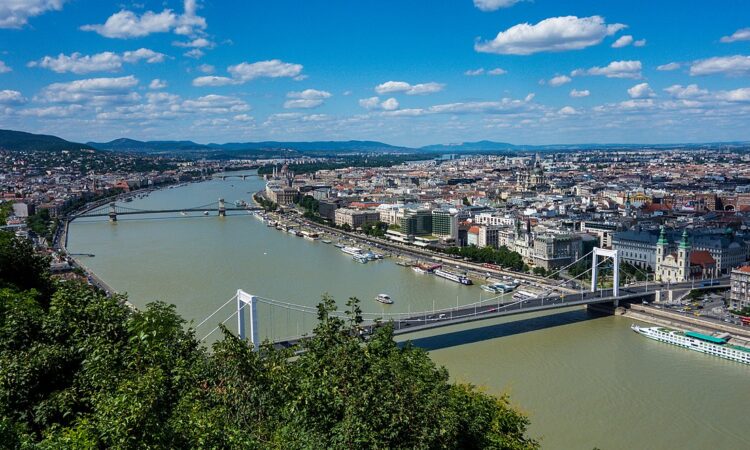
Budapest has been awarded 300 billion forints (EUR 770m) worth of European Union development funding, Gergely Karacsony, the city’s mayor, said after talks with Elisa Ferreira, the European commissioner for cohesion and reforms, on Friday.
“Budapest, in spite of the government’s intentions, has been very successful in lobbying for gaining access to EU development funds,” Karacsony told a press conference at City Hall. “The money is already here in the operative programmes that have been approved by both the government and the European Commission.”
He said that at their meeting the EU commissioner had expressed support for the city’s detailed plans on how the funds will be spent.
The mayor said the 300 billion forints would be enough to carry out developments that serve Budapest’s and Europe’s shared goals such as adapting to climate change and joint cohesion.
The funds awarded to Budapest, he said, were roughly equivalent to the amount of funding the city received from the previous EU budget.
Outlining the plans on how the funds would be spent, Karacsony said 178 billion forints would go towards public transport upgrades. A total of 50 billion will be spent on making the districts greener, 38 billion will be allocated towards flood and sewage-related investments and 34 billion forints will be spent on housing and social care, the mayor said.
He said most of the public transport upgrades will involve the development of the tram infrastructure, with the city purchasing more than 50 CAF trams and extending the Buda side’s interconnected tram network. Also, the city will buy electric buses for 9 billion forints and allocate 25 billion towards expanding the trolley bus network, he said.
The 50 billion forints to be spent on public space developments will involve creating more green spaces, improving accessibility and investments that have to do with adapting to climate change, Karacsony said.
As regards the monies earmarked for housing and social care, the mayor said the city will spend 20 billion forints on launching the “largest housing package of the past decade” and 14 billion on developing the social security system.
The capital will also spend 32 billion forints on bolstering Budapest’s flood protection, while 6 billion will go towards wastewater-related investments in the agglomeration, Karacsony said.
Ferreira said the funds served Budapest’s and Europe’s sustainable development and growth. She said the projects planned in the capital would contribute greatly to improving residents’ quality of life and making their everyday lives easier.






